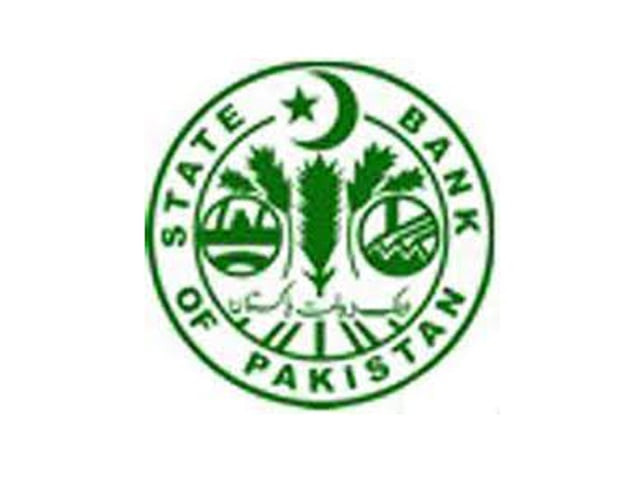SBP criticises economic management team
First quarterly report highlights failures in policy initiatives to stabilise economy.

SBP criticises economic management team
The report highlighted few bright spots for the economy, which suffered a severe blow to an already fragile recovery owing to the flooding of the Indus River in late summer of 2010. The only positive indicator was the current account, which briefly turned into a surplus after several years of persistent deficits, as a result of the increased remittances in the aftermath of the flood.
While the report was sympathetic to the need for greater spending in the wake of the flood, as well as the diminished revenue streams, it nonetheless focused on the negative impact of the deficit. The two major concerns highlighted by the central bank – persistently high inflation and the energy crisis – are both presented as products of the failure on the part of the Gilani administration to curb the fiscal deficit.
There are several factors contributing to a rise in inflation, many of which are beyond the government’s control. For instance, food price inflation is already rising throughout the world due to a rise in global agricultural commodity prices. Energy prices are set to rise as global oil prices increase in the wake of a faster-than-expected Asian economic recovery. Energy prices also have the added effect of increasing the cost of production for several other items, thus having a dual impact on inflation.
Yet the effect of all of these is exacerbated in Pakistan owing the consistent monetisation of the national debt by the federal government. Instead of raising new revenue or increasing its borrowing from banks, the government is simply asking the central bank to print more money. When the increase in the money supply exceeds the rate of economic growth, the buying power of the currency must inevitably decline, a phenomenon commonly called inflation.
The energy crisis is another area where the government’s policies come in for criticism from the central bank. Much of the problems facing the energy sector pertain to the inter-corporate circular debt, a phenomenon where every company in the energy chain owes a large amount of money to other parts of the energy sector. These debts make it difficult for the companies to function at full capacity, crippling the ability of the economy to grow as the cost of alternative sources of electricity – back-up generators, etc – is much higher than the grid.
The problem of the circular debt started with the government’s inability to make good on its promised subsidy payments. In recent months, these subsidies have come under sharp criticism from the State Bank as well as the IMF for being an unaffordable burden that only add to the fiscal deficit, increasing inflation and further exacerbating the energy crisis. Yet the government has so far been unable to resist the pressure from its coalition allies, who want to retain the subsidies as a populist move.
Published in The Express Tribune, February 3rd, 2011.


















COMMENTS
Comments are moderated and generally will be posted if they are on-topic and not abusive.
For more information, please see our Comments FAQ